March 2025: Your Quick Guide to Motorhome Deals, Camping Rules and Free Wild Spots in the UK
Welcome to the March roundup! Whether you’re hunting for a motorhome bargain, figuring out where you can legally sleep in your car, or scouting free wild‑camping locations, we’ve gathered the most useful tips from this month’s posts.
When to Snap Up the Best Motorhome Deals
Buying a motorhome isn’t just about the model; timing matters a lot. Dealers typically lower prices during months when stock is high and demand drops – think late winter and early autumn. Look for end‑of‑financial‑year sales in March and clearance events in September. These periods often bring discounts on accessories and lower finance rates. Keep an eye on local dealer newsletters and don’t be shy about negotiating; the extra few weeks of research can shave thousands off the sticker price.
UK Camping Laws: Car Sleeping, Wild Camping and Beach Tents
Sleeping in your car or a camper on public land can be a legal minefield. In England, you’re allowed to park and rest for a short period as long as you’re not trespassing on private property. However, staying overnight on a beach or in a national park usually requires permission, and fines can hit up to £500 if you ignore local signs. Scotland is more relaxed – ‘right to roam’ lets you camp on most uncultivated land, but you still need to respect landowners and follow the Scottish Outdoor Access Code. If you fancy a night under the stars on a UK beach, pick beaches that explicitly allow camping or use designated campgrounds; otherwise, you risk being asked to move or facing a fine.
Looking for free wild‑camping? Scotland tops the list, especially the Highlands and Isle of Skye, where you can pitch a tent anywhere that isn’t cultivated. In England, Dartmoor and parts of Yorkshire offer legal spots, but always check the latest council guidelines. Remember to leave no trace: pack out all rubbish, avoid campfires where banned, and keep a low profile.
Hidden Costs of Owning or Renting a Motorhome
Beyond the purchase price, owning an RV comes with hidden expenses that can bite hard. Insurance premiums vary by age and mileage, while annual road tax adds a steady cost. Maintenance isn’t just oil changes – think brake wear, tyre replacements, and occasional roof leaks. Storage fees, whether at a secure site or your driveway, can also add up. If you rent a campervan, watch out for mileage caps, cleaning fees, and extra driver surcharges. Doing a quick spreadsheet of these recurring costs before you commit will save you surprise bills later.
Campervan vs. Pull‑Behind Camper: Which Saves You Money?
Pull‑behind campers often have lower upfront costs, but you’ll need a suitable tow vehicle, which can be pricey and affect fuel consumption. Driving an RV means higher purchase price but better fuel efficiency per passenger and no towing hassles. Factor in fuel, insurance, and maintenance for both options. For short trips, renting a campervan can be cheaper, while long‑term roadies might find a pull‑behind more economical if they already own a capable tow vehicle.
That’s the March snapshot: smart buying windows, clear rules for sleeping on the road, free wild‑camping gems, and the real costs behind motorhome freedom. Use these tips to plan your next adventure without breaking the bank or the law.
-
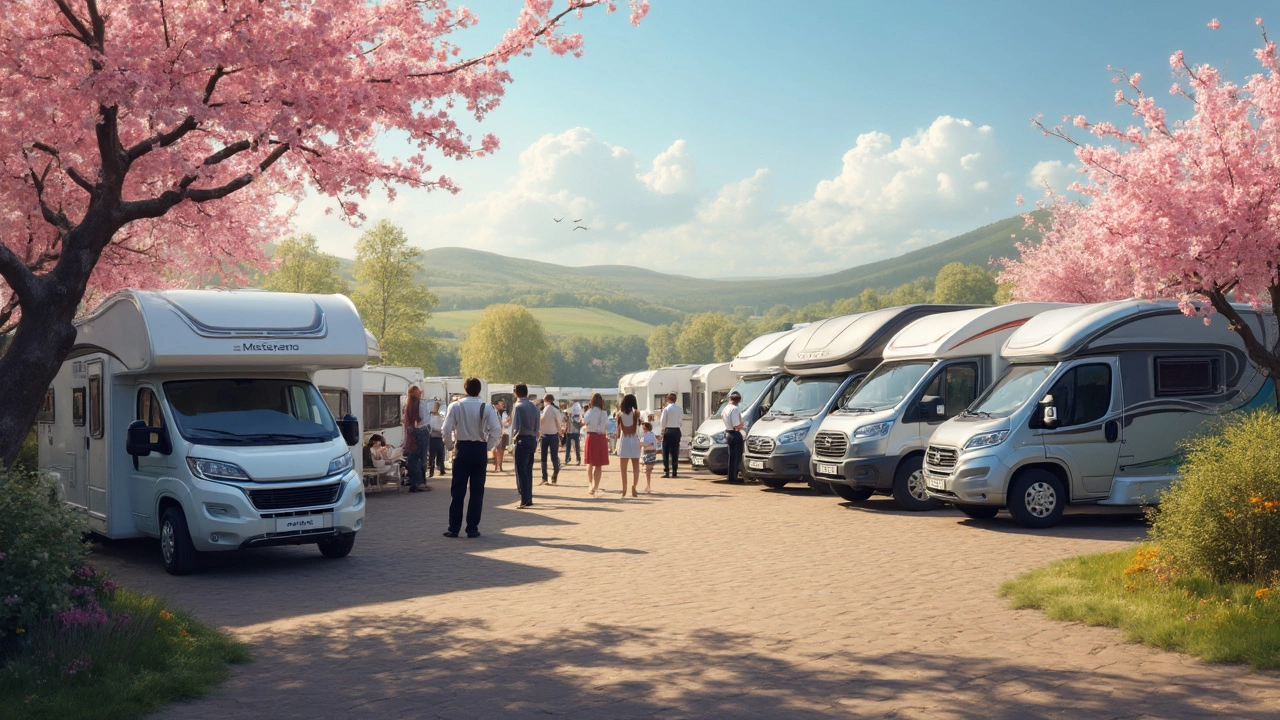 VIEW POST
VIEW POSTBest Months to Snag a Motorhome Deal
Mar, 30 2025|0 CommentsBuying a motorhome is a big decision, and timing can make a big difference in price. Some months are better suited for nabbing a deal due to dealer stock changes, seasonal demand, and economic cycles. This article uncovers the best months to purchase a motorhome, focusing on maximizing value and hitting the road without breaking the bank. Get insights into market trends, dealer strategies, and practical tips for a successful purchase. -
 VIEW POST
VIEW POSTCan You Get Fined for Wild Camping in England?
Mar, 27 2025|0 CommentsWild camping in England sounds like the perfect adventure, but it comes with its set of rules and risks. Understand where it’s allowed and the potential fines you might face if caught in restricted areas. Learn about the best locations for a legal camping experience and tips for sustainable outdoor practices. This guide offers practical advice for those looking to explore the English countryside without breaking the law. -
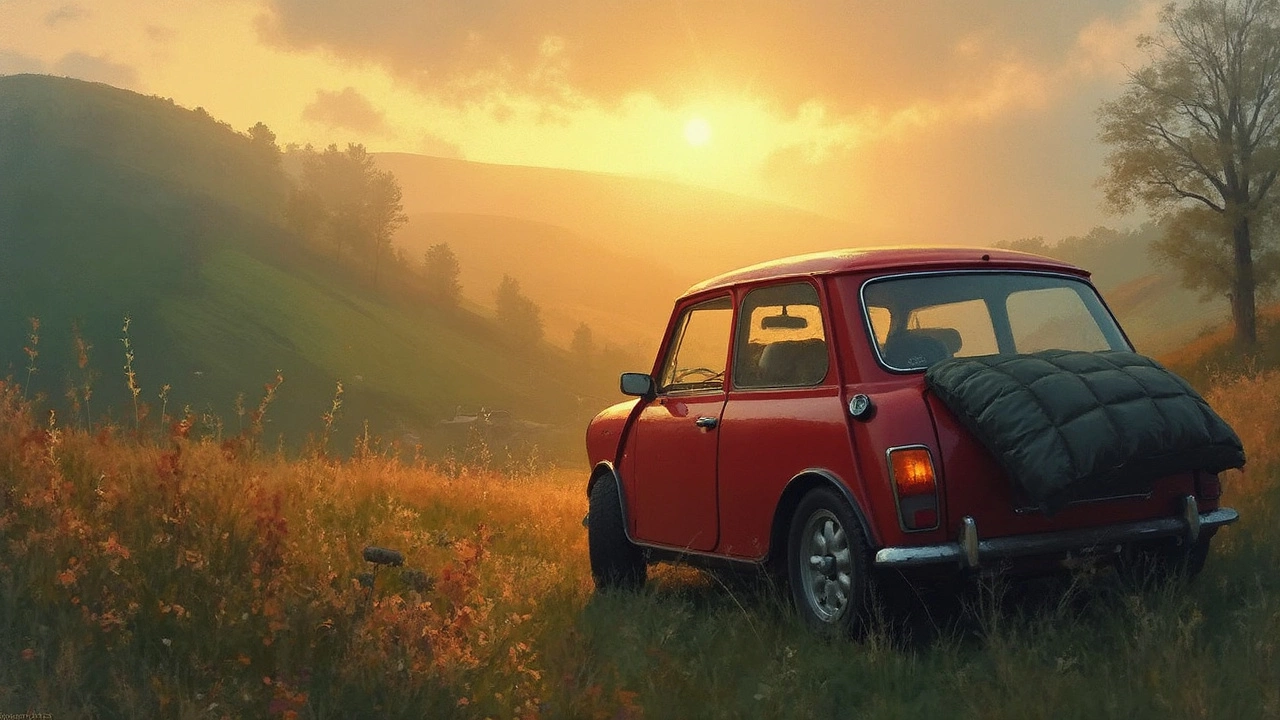 VIEW POST
VIEW POSTIs It Legal to Sleep in Your Car in the UK: Camping Rules You Need to Know
Mar, 23 2025|0 CommentsSleeping in your car might seem like a simple solution when you're exploring the UK, but the legalities can be tricky. Depending on where you park, the rules can vary. In some areas, it's perfectly legal, while others might hand you a fine. It's important to know the local regulations and respect private property to avoid any trouble. This article explores everything you need to know about catching some Z's in the comfort of your car while touring the UK. -
 VIEW POST
VIEW POSTWhere to Sleep on the Beach in South Carolina: A Guide to Beachside Campgrounds
Mar, 20 2025|0 CommentsWhen it comes to camping by the sea, South Carolina offers some stunning beachside spots. Whether you want a spot with amenities or a more rustic experience, there's a place for every camper. Sleeping on the beach can be a unique experience if you know the right places to go. Check out some insider tips and discover campsites where you can enjoy the sounds of the ocean as you drift off. Get ready for a beach campout you'll always remember. -
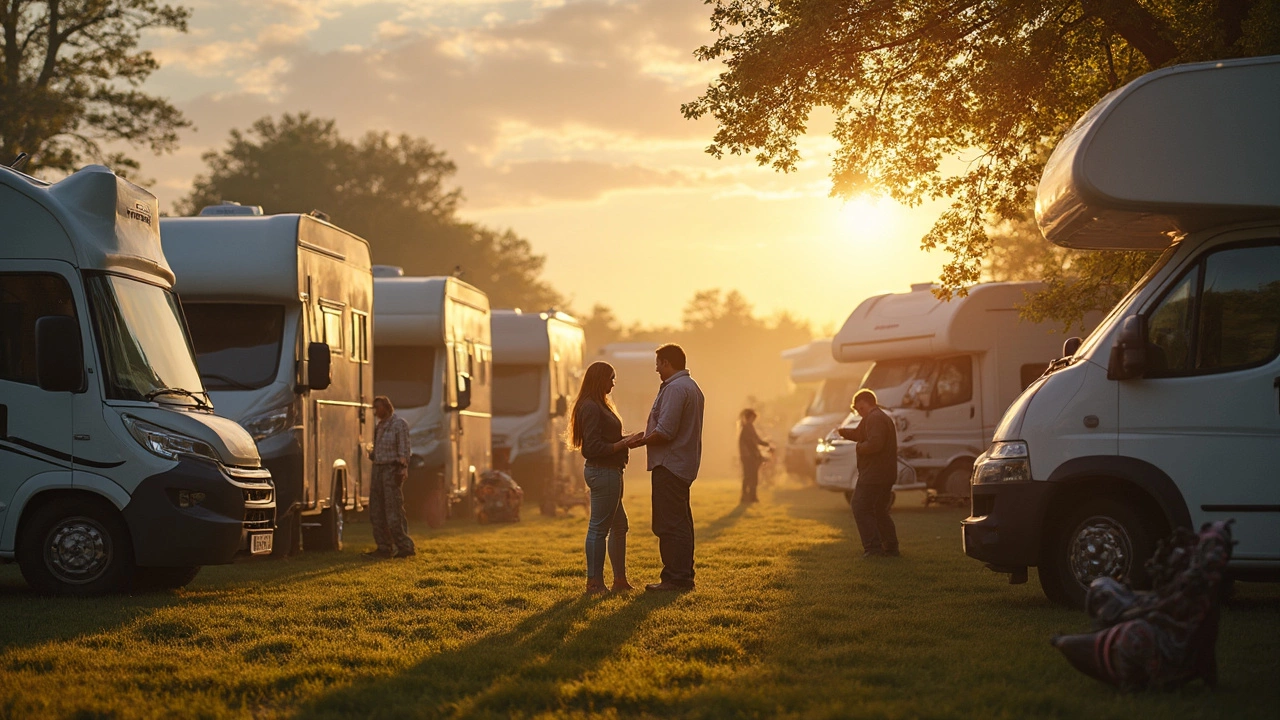 VIEW POST
VIEW POSTHidden Costs of Owning an RV: What You Need to Know
Mar, 16 2025|0 CommentsOwning an RV may seem like a dream of adventure and freedom on the open road, but there are hidden costs that could catch novice owners off guard. From maintenance and insurance to unexpected repairs and storage fees, these expenses can quickly add up. Knowing what to expect in advance can save you from unwanted surprises. Discover the full range of costs involved to ensure you are fully prepared before diving into RV ownership. -
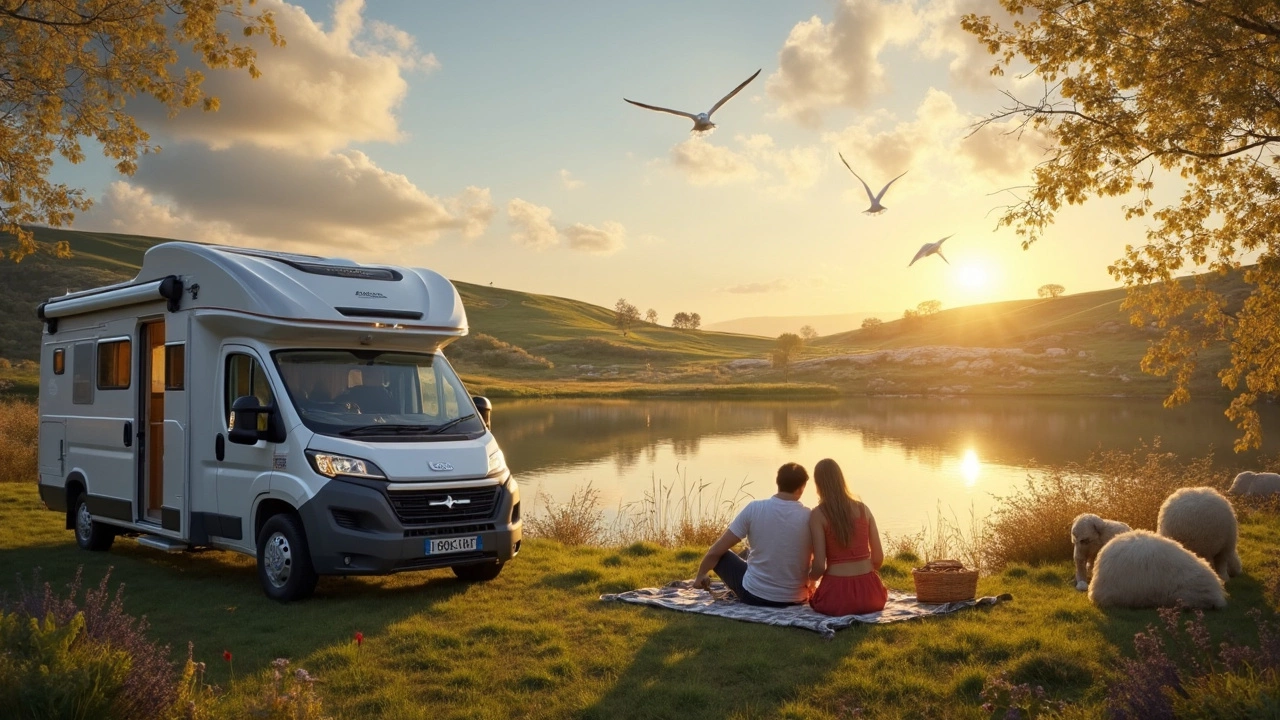 VIEW POST
VIEW POSTIs It Worth Getting a Campervan?
Mar, 13 2025|0 CommentsGetting a campervan can be a game-changer for travel enthusiasts, providing unmatched freedom and flexibility. It transforms trips into an adventure where you have your bed, kitchen, and ride all in one. But before diving in, it's crucial to weigh the costs against the benefits and determine whether this lifestyle fits your travel goals. Discover everything from hidden maintenance tips to how campervans cater to both wanderlust and practicality. -
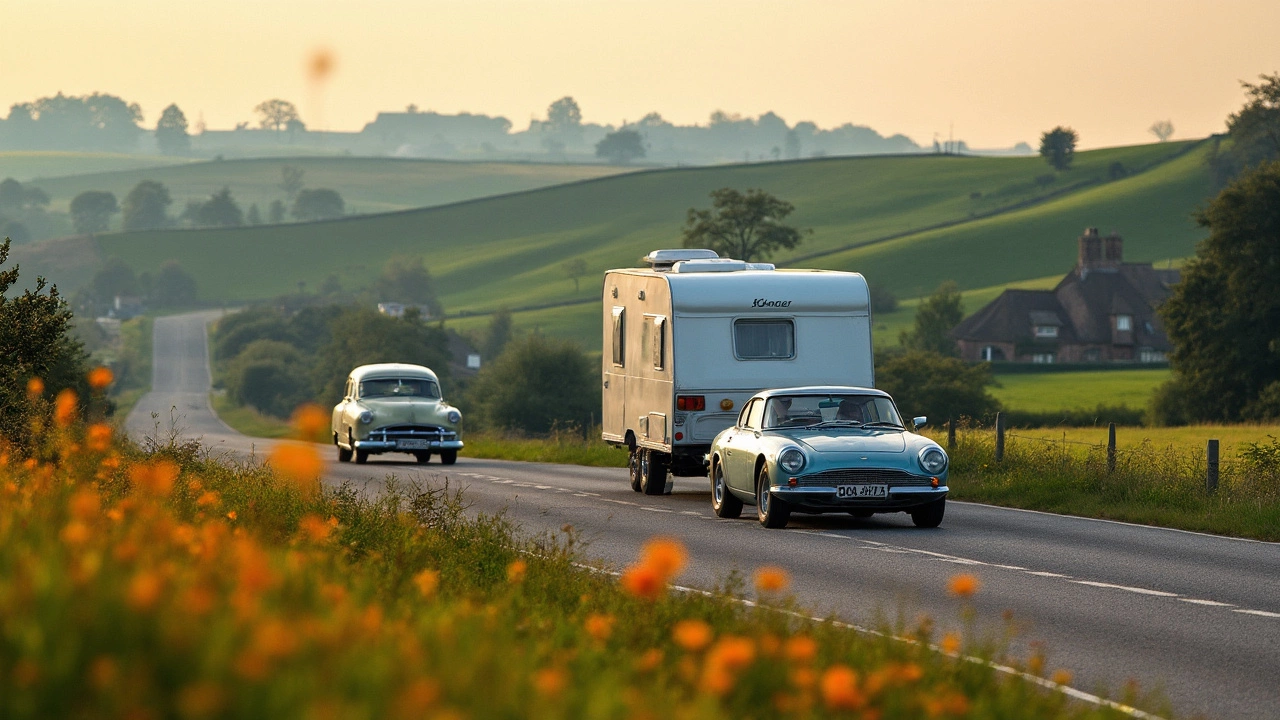 VIEW POST
VIEW POSTPulling a Camper vs. Driving an RV: Which is Cheaper?
Mar, 9 2025|0 CommentsChoosing between pulling a camper and driving an RV can significantly impact your travel budget. This article delves into the costs associated with each option, including fuel consumption, maintenance, and storage. We'll also explore some unexpected factors that can influence the price and provide tips to help you make the best decision for your road adventures. Learn how to balance upfront costs with long-term savings. -
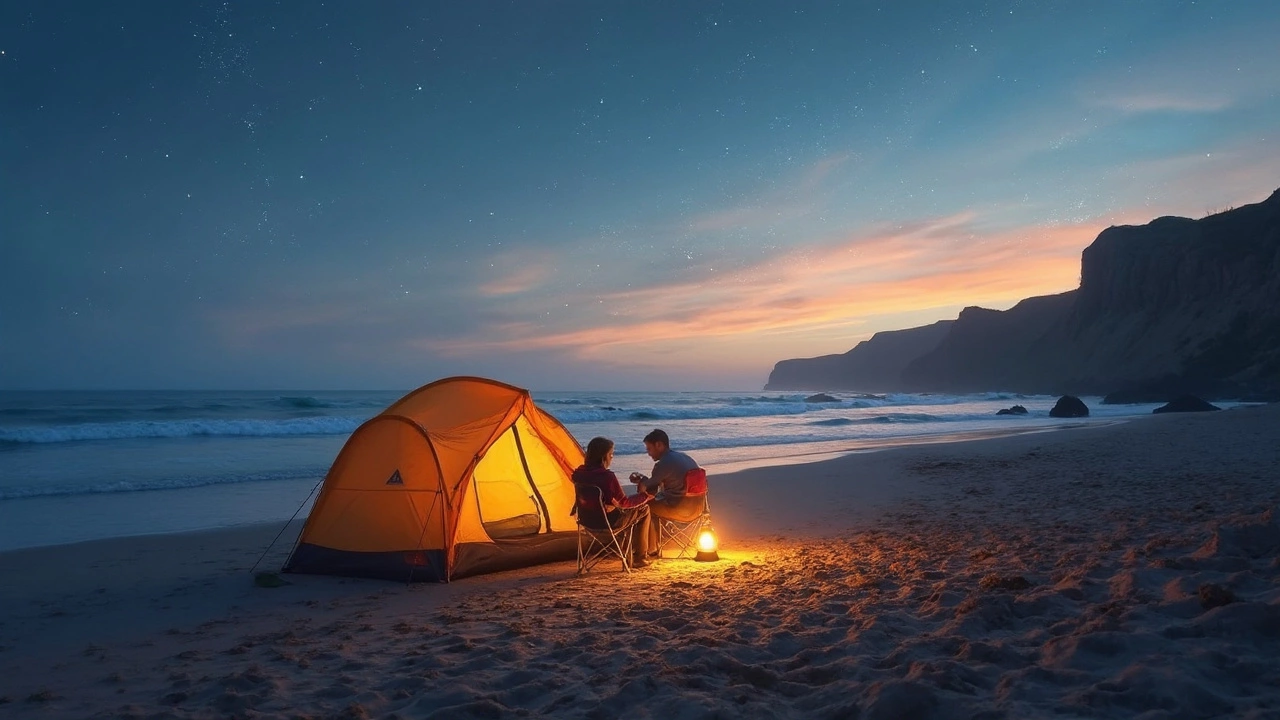 VIEW POST
VIEW POSTCan You Sleep in a Tent on the Beach in the UK?
Mar, 7 2025|0 CommentsThinking of pitching a tent on a beach in the UK for a night under the stars? While it sounds magical, there are a few things to consider regarding legality, weather conditions, and safety. This guide will explore the ins and outs of beach camping, including legal restrictions, gear tips, and recommended spots. Get ready to plan a seaside getaway that's both memorable and compliant with local rules. -
 VIEW POST
VIEW POSTWhere to Camp for Free in the UK: Top Spots for Wild Camping
Mar, 2 2025|0 CommentsExplore the legal options for wild camping in the UK, an adventure that allows you to connect with nature without breaking the bank. From the rugged landscapes of Scotland to specific areas in Dartmoor, discover where you can legally pitch your tent for free. We cover essential tips, legal insights, and the best regions for a unique outdoor experience. Learn how to camp safely, minimize your impact on the environment, and fully enjoy the UK's natural beauty. Whether you're a seasoned camper or new to the wild, these tips will help you plan your next camping trip.